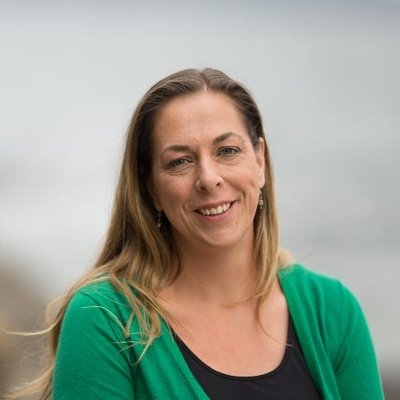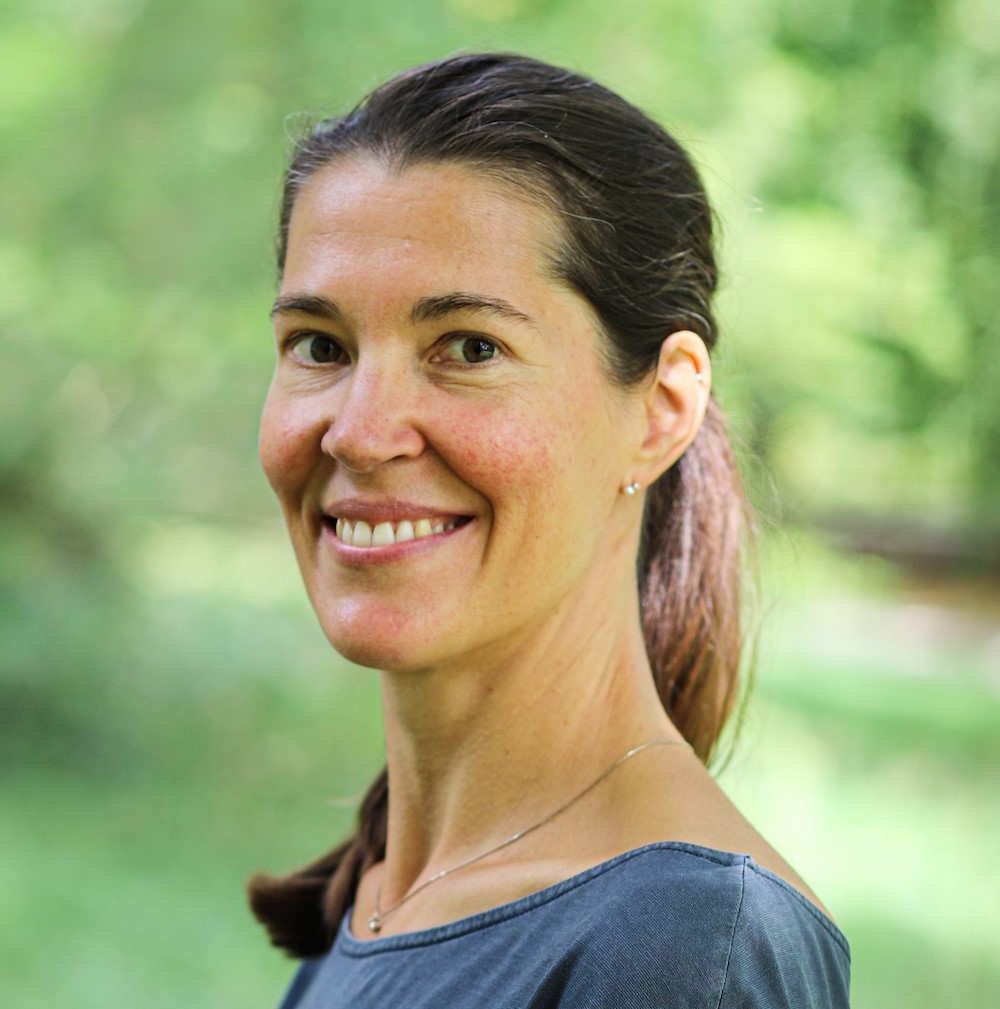
Jessica Blythe
Jessica Blythe is an Associate Professor at Brock University. Jessica’s research focuses on how communities experience environmental change and what explains their differential capacities for adaptation and transformation. She is particularly interested in building the resilience of local communities to climate change, securing sustainable small-scale fisheries, and equitable collaborative forms of marine resource governance. Her empirical work has been based in Eastern Africa, Melanesia, Australia, and most recently in southern Ontario in Canada.

Laurent Bopp
Laurent Bopp is the Research Director at CNRS Laboratoire des Sciences du Climat de l’Environnement (LSCE) at l’Institute Pierre-Simon Laplace in Paris, France. His main research interests focus on the links between marine biogeochemical cycles and climate, and understanding how marine ecosystems and the ocean carbon cycle respond to climate variability and anthropogenically-driven climate change. He develops and uses marine biogeochemical and ecosystem models, coupled to Earth System Models.

Chris Cvitanovic
Chris Cvitanovic is a transdisciplinary marine researcher at the University of New South Wales, Australia. Most broadly his research is focused on improving the relationship between marine science, policy and practice to enable evidence-informed decision-making for ocean sustainability. In addition to this work he has published broadly on topics including marine governance, community engagement, social license, and approaches for better supporting the development of early career marine researchers. He was the first Early Career member of the IMBeR Scientific Steering Committee and established IMBeR’s Interdisciplinary Marine Early Career Network (IMECaN) , which he chaired it for its first two years.

Beth Fulton
Beth Fulton is a Principal Research Scientist with CSIRO Oceans and Atmosphere. She is also the Deputy Director of the Centre of Marine Socioecology and the Research Program Leader for Ecosystems and Environment in the Australia Blue Economy Cooperative Research Centre. Beth has vast experience in ecosystem modelling and sustainability, working with a broad range of collaborators to find practical means of achieving ecosystem-based management and sustainability. She has developed various system modelling tools, the best known of which is the Atlantis modelling framework that has been applied in more than 40 marine ecosystems around the world. The models developed by Beth’s team are some of the first to give equal attention to biophysical and human components of marine and coastal ecosystems and have been used to consider effective means of conserving and monitoring marine and coastal ecosystems.

Gretta Pecl
Gretta Pecl is a Professor of marine ecology at the Institute for Marine and Antarctic Studies (IMAS), and the Director of the Centre for Marine Socioecology (CMS) at the University of Tasmania. Her expertise include the impact of climate change on natural systems, and developing adaptation options for conservation, fisheries and aquaculture. She is a Lead Author for the IPCC AR6 report, an Australian Research Council ‘Future Fellow’, and an associate editor for several leading international journals. Gretta excels at building transformative collaborations and has been prominent in UN Decade of Ocean Science programmes, actions and working groups, including co-leading Future Seas 2030 and other major international initiatives. She has a strong passion for science communication and engagement with the public.

Jerneja Penca
Jerneja Penca is a Senior Research Associate and the head of the Mediterranean Institute for Environmental Studies at the Science and Research Centre Koper in Solvenia. Her research includes legal and governance aspects of socio-ecological systems at global, regional (EU, Mediterranean) and national levels, and spans various regimes, including biodiversity, climate change, energy, fisheries and plastics pollution. She contributes knowledge to interdisciplinary, legal, academic and policy communities. Jerneja has a PhD in law from the European University Institute (EUI) and has worked in Norway, Italy, UK, Slovenia, Canada and Portugal. Prior to joining ZRS Koper she was an Associate Professor at the Euro-Mediterranean University, where she established and led the Jean Monnet Centre of Excellence on Sustainable Blue Economy.

Ingrid van Putten
Ingrid van Putten is a Senior Research Scientist at CSIRO Environment and also a Adjunct Professor at the Centre of Marine Socioecology at the University of Tasmania. She uses behavioural sciences, in particular behavioural economics, to improve our understanding of the social and economic behaviour of marine resource users. She also focusses on climate adaptation and works in interdisciplinary teams to connect the ecological and human dimensions of marine and coastal management.

Rashid Sumaila
Rashid Sumaila is Professor and Canada Research Chair in Interdisciplinary Oceans and Fisheries Economics at the Institute for the Oceans and Fisheries & School of Public Policy and Global Affairs, the University of British Columbia. He specialises in bioeconomics, marine ecosystem valuation and the analysis of global issues such as fisheries subsidies, illegal fishing, climate change and oil spills. Sumaila is widely published and cited. He is on the Editorial Boards of several journals, including Science Advances, Scientific Reports and Environmental & Resource Economics. He has won numerous awards, the 2019 Murray A. Newman Research Award, the 2018 UBC President’s Award for Public Education Through Media; the 2017 Volvo Environment Prize; the 2017 Benchley Oceans Award in Science and the 2016 UBC Killam Research Prize. Rashid was named a Hokkaido University Ambassador in 2016 and elected a Fellow of the Royal Society of Canada in 2019. He has given talks at the UN Rio+20, the WTO, the White House, the Canadian Parliament, the African Union, the St James Palace, the European Parliament and the British House of Lords.